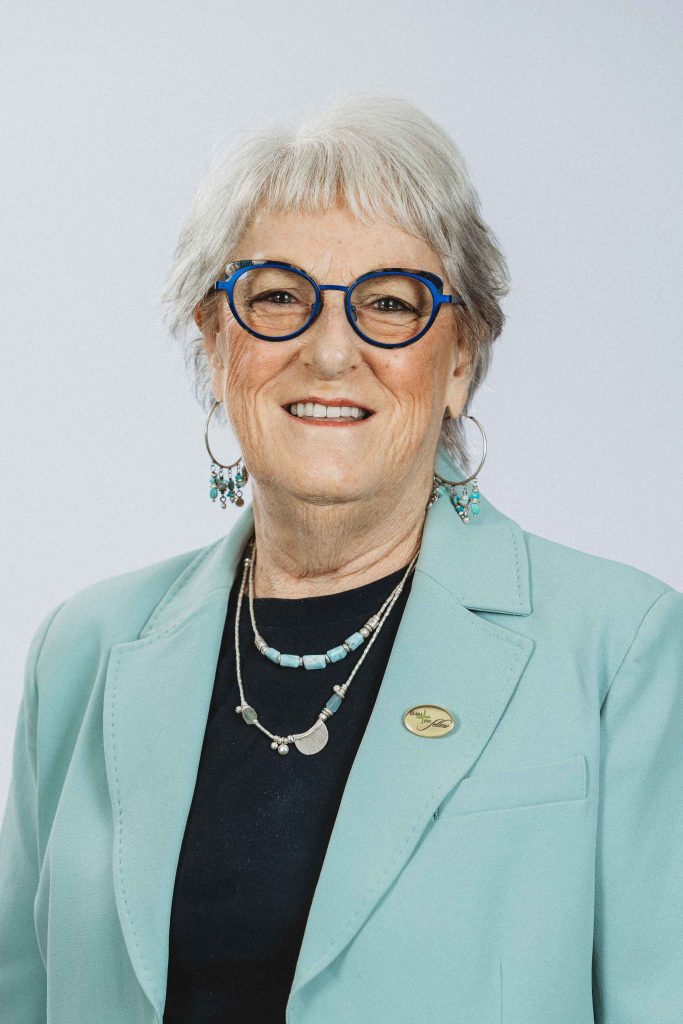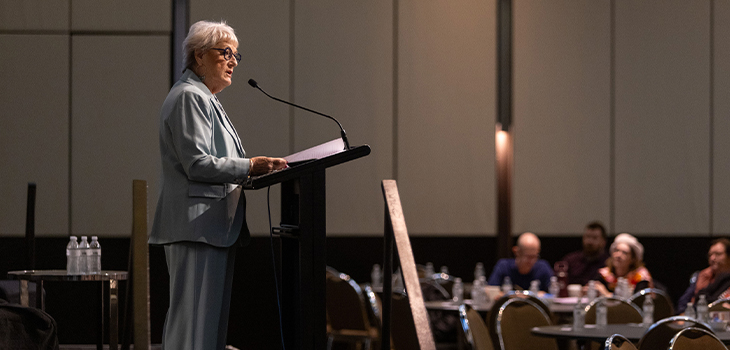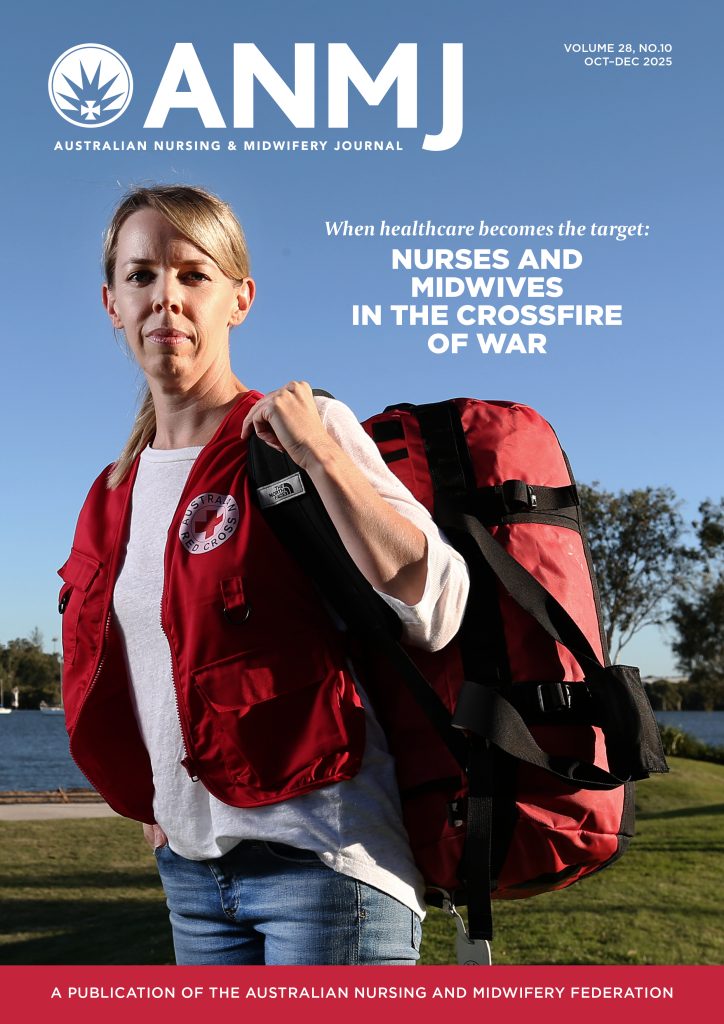The Congress of Remote Area Nurses of Australia (CRANAplus) has appointed its first Chief Remote Area Nurse (RAN) – a landmark move aimed at strengthening the voice and visibility of the specialty nationwide.
Distinguished nursing leader and educator Heather Keighley will step into the newly established senior leadership role, spearheading national advocacy efforts, shaping evidence-based policy, and promoting professional practice standards that improve health outcomes for people living in rural, regional and remote communities.
Bringing a wealth of experience in rural and remote healthcare from grassroots remote clinical practice, senior leadership and national health policy, Heather’s career includes roles as Chief Nursing and Midwifery Officer for the Northern Territory Department of Health, and Director of Nursing and Midwifery for Top End Health Service.
A longstanding CRANAplus Member and Fellow, she joined the organisation as Senior Policy Advisor in 2021, strengthening advocacy efforts and relationships with peak nursing bodies and the broader remote health sector. Under her policy leadership, CRANAplus recently released an ambitious workforce pipeline plan to deliver 1,000 nationally accredited nurses and midwives who are professionally, clinically, culturally and emotionally prepared for practice in rural and remote Australia by 2031. This initiative calls for a postgraduate, nationally recognised, rural and remote generalist nursing and midwifery program.

“Heather’s appointment marks a significant milestone for CRANAplus and the remote health workforce,” said Dr Ann Aitken, Chair of the CRANAplus Board of Directors. “Her career reflects a deep and enduring commitment to remote healthcare, and her leadership will be instrumental in driving workforce reform, professional development, and policy change.
“There are significant opportunities ahead to strengthen support for remote area nurses and midwives and improve healthcare outcomes for our most isolated communities. This includes advancing scope of practice reforms, enhancing professional development pathways, and ensuring sustainable workforce models that meet the evolving needs of remote area healthcare delivery.”








